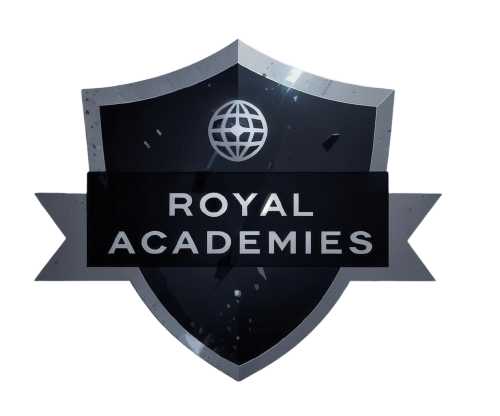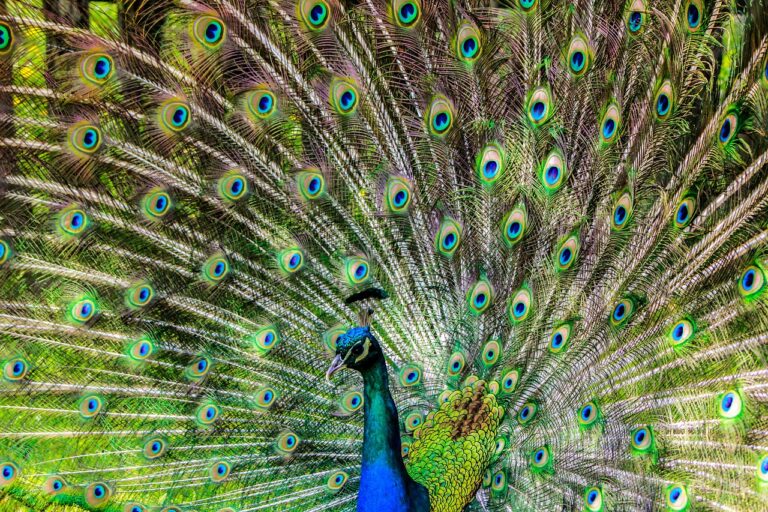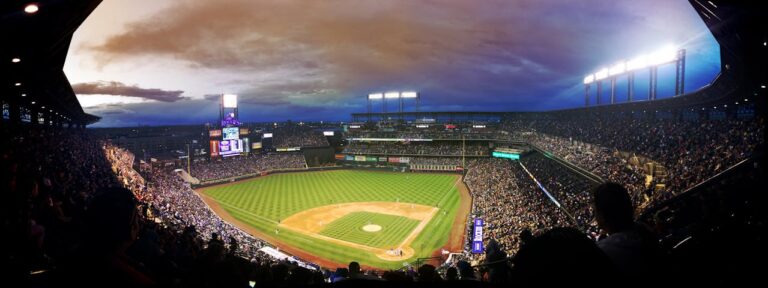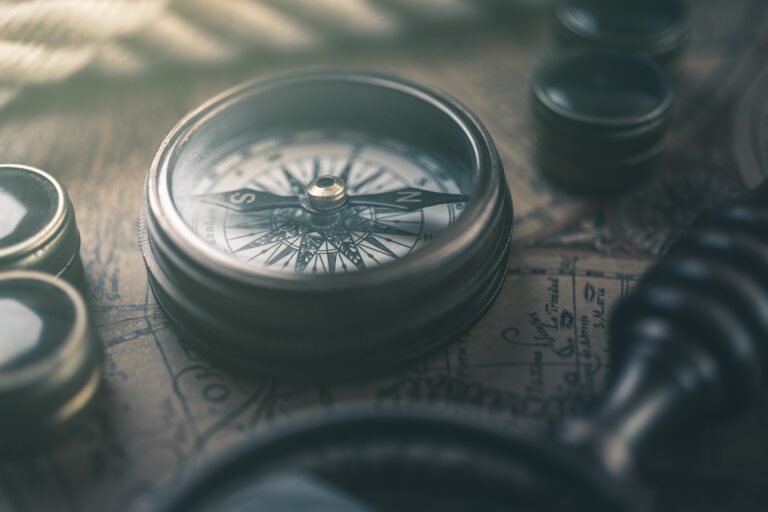History
History
- Who was the first Emperor of the Maurya Dynasty?
- A) Ashoka
- B) Chandragupta Maurya
- C) Bindusara
- D) Brihadratha
- Answer: B) Chandragupta Maurya
- Which Mughal Emperor is known for his policy of religious tolerance and the creation of a syncretic religion called Din-i Ilahi?
- A) Akbar
- B) Babur
- C) Shah Jahan
- D) Aurangzeb
- Answer: A) Akbar
- The ‘Battle of Plassey’ was fought in which year?
- A) 1757
- B) 1764
- C) 1776
- D) 1803
- Answer: A) 1757
- Who was the leader of the Indian National Congress during the Quit India Movement of 1942?
- A) Jawaharlal Nehru
- B) Mahatma Gandhi
- C) Subhas Chandra Bose
- D) Sardar Vallabhbhai Patel
- Answer: B) Mahatma Gandhi
- Which Indian leader is known for his role in the Non-Cooperation Movement and later the Salt March?
- A) Jawaharlal Nehru
- B) Lala Lajpat Rai
- C) Mahatma Gandhi
- D) Bal Gangadhar Tilak
- Answer: C) Mahatma Gandhi
- The ‘Chola Empire’ was known for its contributions to which field?
- A) Art and Architecture
- B) Astronomy
- C) Trade
- D) Literature
- Answer: A) Art and Architecture
- Who was the founder of the Sikh Empire in India?
- A) Guru Nanak
- B) Maharaja Ranjit Singh
- C) Guru Gobind Singh
- D) Banda Singh Bahadur
- Answer: B) Maharaja Ranjit Singh
- Which of the following Indian leaders was associated with the formation of the Indian National Army (INA)?
- A) Bhagat Singh
- B) Subhas Chandra Bose
- C) Jawaharlal Nehru
- D) Sardar Patel
- Answer: B) Subhas Chandra Bose
- Which ancient Indian text is considered a treatise on governance and statecraft?
- A) Vedas
- B) Upanishads
- C) Arthashastra
- D) Ramayana
- Answer: C) Arthashastra
- The famous ‘Jallianwala Bagh massacre’ occurred in which city?
- A) Delhi
- B) Amritsar
- C) Kolkata
- D) Chennai
- Answer: B) Amritsar
- Which Indian leader was known for his efforts to promote Hindu-Muslim unity and was the founder of the Khilafat Movement?
- A) Maulana Abul Kalam Azad
- B) Mohammad Ali Jinnah
- C) Ali Brothers
- D) Jawaharlal Nehru
- Answer: C) Ali Brothers
- Who was the last Governor-General of independent India?
- A) Lord Mountbatten
- B) C. Rajagopalachari
- C) Rajendra Prasad
- D) Jawaharlal Nehru
- Answer: B) C. Rajagopalachari
- The ‘Swadeshi Movement’ was part of which larger movement against British rule?
- A) Non-Cooperation Movement
- B) Civil Disobedience Movement
- C) Quit India Movement
- D) Revolt of 1857
- Answer: A) Non-Cooperation Movement
- Which Indian emperor is known for his support of Buddhism and the promotion of the principles of non-violence and moral governance?
- A) Ashoka
- B) Chandragupta
- C) Samudragupta
- D) Harsha
- Answer: A) Ashoka
- Who was the leader of the Revolt of 1857 in Meerut?
- A) Rani Lakshmibai
- B) Mangal Pandey
- C) Begum Hazrat Mahal
- D) Tantia Tope
- Answer: B) Mangal Pandey
- Which Indian historical figure was a key proponent of the socio-religious reform movement known as the Brahmo Samaj?
- A) Raja Ram Mohan Roy
- B) Swami Vivekananda
- C) Dayananda Saraswati
- D) Ramakrishna Paramahamsa
- Answer: A) Raja Ram Mohan Roy
- Who was the first Indian to win a Nobel Prize?
- A) Rabindranath Tagore
- B) C. V. Raman
- C) Mother Teresa
- D) Amartya Sen
- Answer: A) Rabindranath Tagore
- Which Indian empire was known for its significant maritime trade and cultural exchanges with Southeast Asia?
- A) Gupta Empire
- B) Chola Empire
- C) Maurya Empire
- D) Mughal Empire
- Answer: B) Chola Empire
- Who was the founder of the Indian National Congress?
- A) Allan Octavian Hume
- B) Jawaharlal Nehru
- C) Mahatma Gandhi
- D) Bal Gangadhar Tilak
- Answer: A) Allan Octavian Hume
- Which Mughal Emperor commissioned the construction of the Taj Mahal?
- A) Akbar
- B) Shah Jahan
- C) Aurangzeb
- D) Babur
- Answer: B) Shah Jahan



